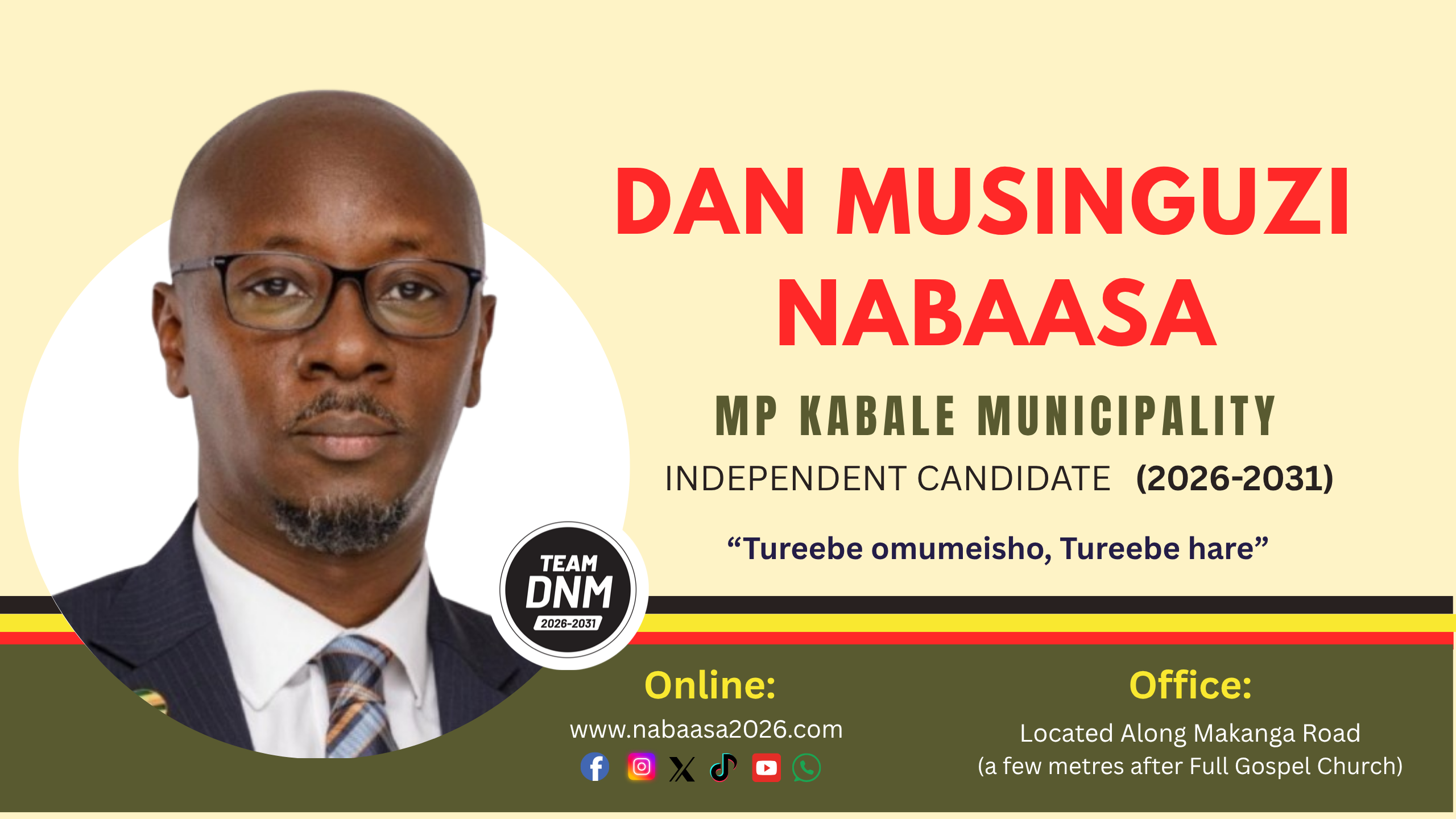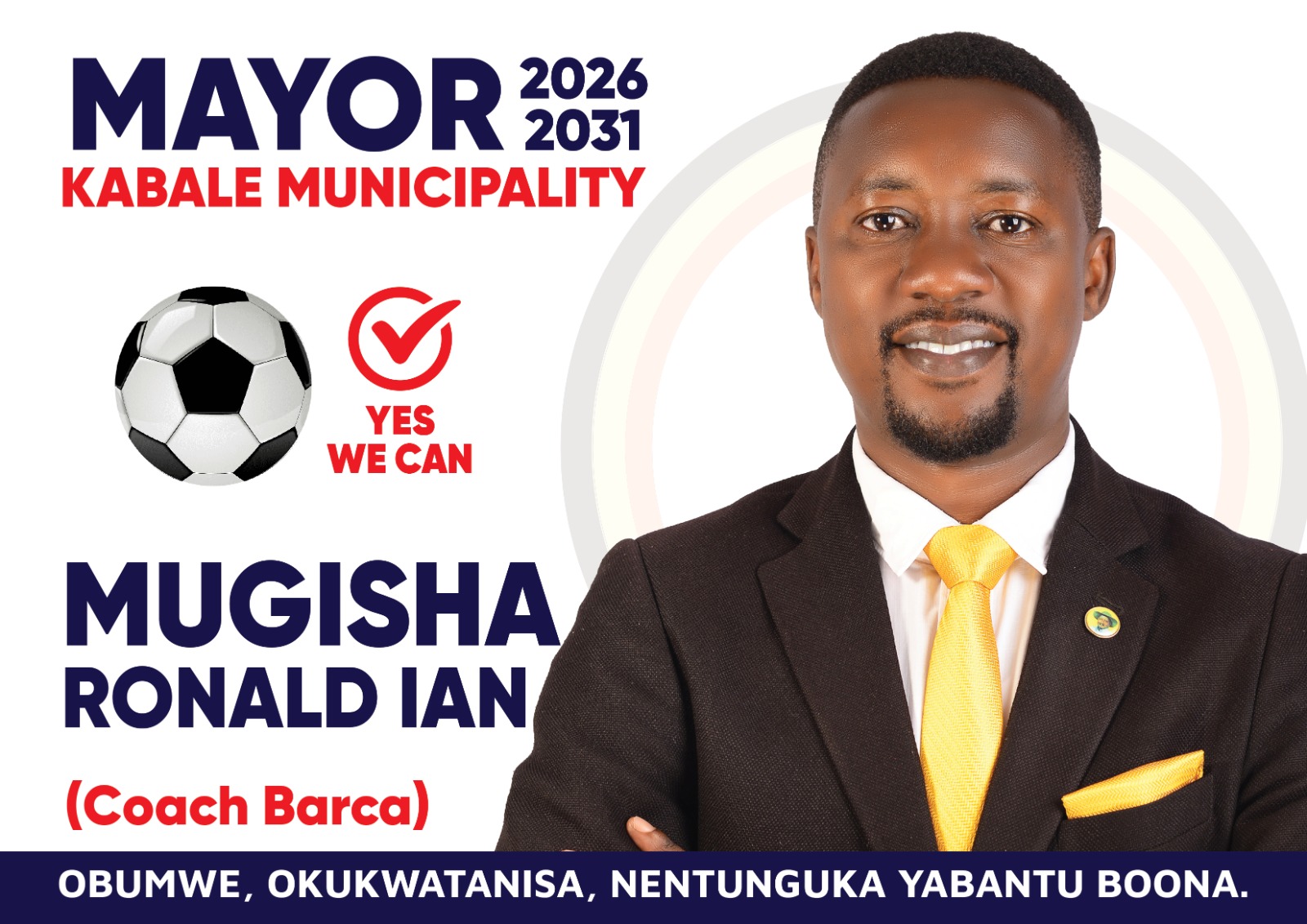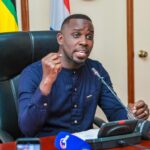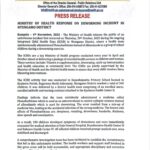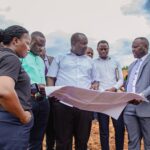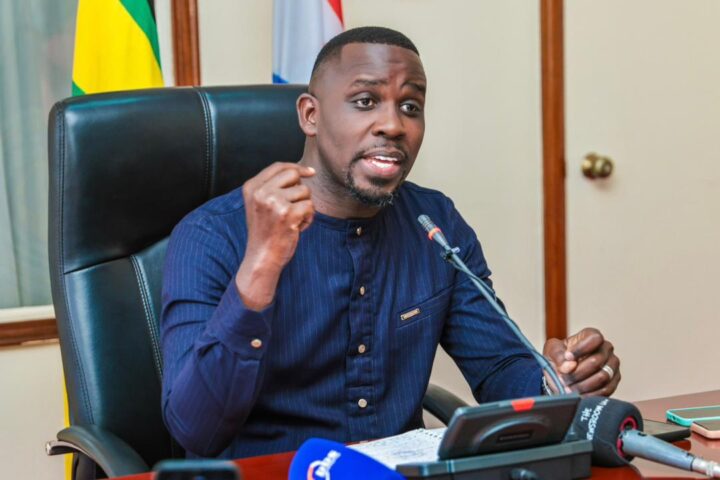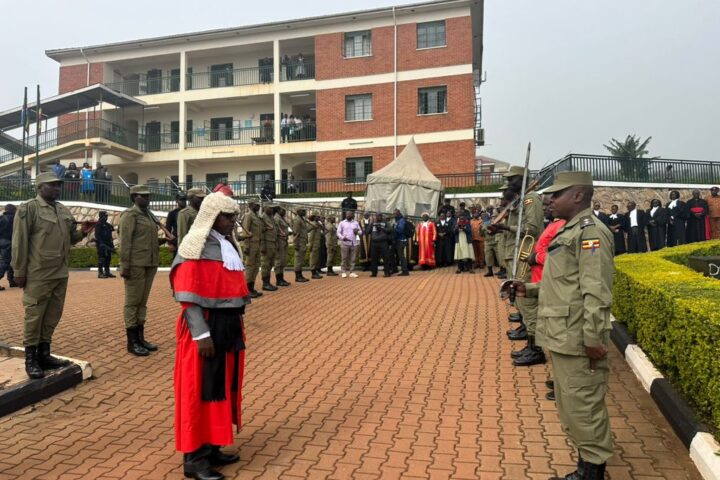
Summary:
President Museveni highlighted the importance of overcoming historical rivalries to ensure long-term peace and resilience, not just in North Africa but across the entire African continent.
KIRUHURA: President Yoweri Kaguta Museveni has called on countries in the Maghreb region to integrate, emphasizing that regional unity is essential for strategic security, economic growth, and political stability.
Speaking on Friday, February 28, 2025, during a lecture of opportunity to students from the Algerian High War College at his country home in Rwakitura, President Museveni highlighted the importance of overcoming historical rivalries to ensure long-term peace and resilience, not just in North Africa but across the entire African continent.
“So that’s why we always look at the Maghreb as a region. Why can’t these people be together? I was listening to the General speaking Arabic, and it reminded me of Muammar Gaddafi because I could pick some of the words. The Maghreb can be a potential powerful center of gravity,” Museveni stated.
The Maghreb region includes Algeria, Libya, Mauritania, Morocco, and Tunisia. However, the Arab Maghreb Union (AMU), established in 1989, remains largely inactive due to political tensions, and Libya continues to face instability.
President Museveni, who is also the Commander-in-Chief of the Uganda People’s Defence Forces (UPDF), stressed the need for African nations to strengthen integration to ensure strategic security. He pointed to the chaos in Libya as an example of Africa’s inability to act decisively in times of crisis.
“Now you can see the chaos in Libya. It’s been like 12 years now. How can this happen? And Africans are just seated, watching. This is not good. The people of Libya have suffered so much,” he remarked.
He argued that Africa needs a “center of gravity”—a strong, united bloc that can influence global affairs, similar to how the United States has remained a dominant force for over a century.
Museveni also pointed out Africa’s historical disadvantage in technology, which contributed to its colonization. He warned that without integration, Africa would struggle to catch up with global powers like the U.S., Russia, China, and even emerging space leaders such as India.
“So, where does this leave Africa? The ones who have been to the moon are the Americans, the Russians, the Chinese, and recently the Indians. But even our friends like France, Britain, and Germany are still here with us. It seems size matters,” he noted.
The President reaffirmed his commitment to the East African Federation as a pathway to regional integration, stressing that while the African Continental Free Trade Area (AfCFTA) addresses economic prosperity, security requires deeper political unity.
On Africa’s role in global governance, President Museveni revealed that a consensus has been reached for the continent to have two rotating seats on the United Nations Security Council.
“The remaining question is—who will hold these seats? Let them be for the African Union, and we can rotate representation every three years or so. That way, it belongs to the whole of Africa,” he said.
During an interactive session, Museveni criticized the lack of strategic, philosophical, and ideological depth among some African leaders, arguing that such shortcomings have contributed to the continent’s underdevelopment.
“For instance, in Uganda, there were many mistakes in not understanding the role of the private sector. Our economy has performed well because we now use egocentrism well—some people want to benefit personally, but there are also those of us who believe in altruism,” he explained.
He cited the example of former Ugandan leader Idi Amin’s expulsion of Asian business owners, calling it a mistake that Uganda later corrected by reinstating their properties.
The visiting delegation from the Algerian High War College, led by Brig. Gen. Benhamouda Rabal, included 19 members—five college staff and 14 students. Among them were 11 Algerians and three others from France, Palestine, and Uganda (Lt. Col. Hamza Nkata).
Brig. Gen. Rabal expressed his gratitude for the warm reception and insightful discussion.
“Mr. President, we extend our deepest gratitude for this historic welcome and hospitality. It is an honor and privilege to be here with you. Thank you, Your Excellency, for the wealth of knowledge and wisdom you have shared with us,” he said.
The Algerian War College is a prestigious military institution that trains senior officers of the Algerian People’s National Army for high-level command and leadership roles.
As part of their visit, the delegation also toured key institutions, including the UPDF headquarters, the Ministry of Defense, the Ministry of Internal Affairs, the Ministry of Foreign Affairs, the Ministry of Energy and Mineral Development, and the National Enterprise Corporation (NEC).
The Source Reports.
We come to you.
Want to send us a story or have an opinion to share? Send an email to [email protected] or WhatsApp on +256742996036.

